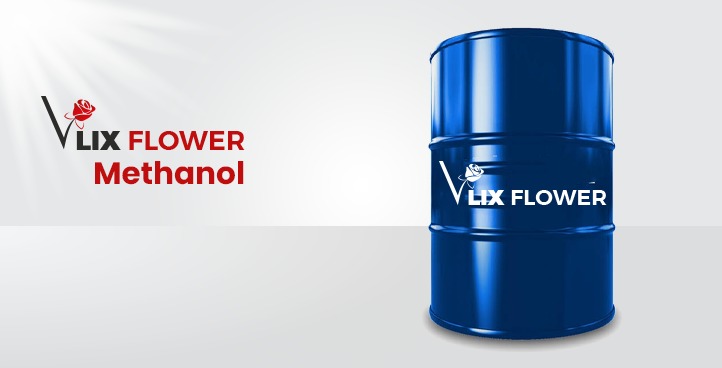Methanol is a colorless transparent water-soluble liquid.
It is an essential product used in the production of different industrial products.
Methanol is extracted from natural gas by steam reforming gas. The mixture is then converted and distilled to produce pure methanol.
Applications
Methanol is used in the production of basic chemicals that are used to make an endless variety of consumer and industrial products such as building materials and plastics.
Methanol can be used in the energy sector, including direct blending with gasoline, marine freight fuels, dimethyl ether (DME) and biodiesel.
Blending methanol with gasoline provides an alternative to imported petroleum products and additional fuel options for consumers.
Converting methanol-to-olefins (MTO) instead of producing it through Naphtha, which is affected by the price of crude oil.
The production of formaldehyde, which is a basic by-product of methanol. The largest single end use of methanol; used in the production of formaldehyde by-products, such as urethane, phenol formaldehyde, urea formaldehyde, etc.
Acetic acid, which a by-product of methanol, used in the production of terephthalic acid (PTA); PTA is used to make polyester fibers, polyethylene terephthalate (PET), vinyl acetate, chloroacetic acid, acetic acid anhydride and many more.
Product Specifications
| Tests | Limits |
| Description | Colorless transparent liquid |
| Concentration | 99% |
| Density | 0.798 |
| Residue on evaporation | 0.15% |
| Total calculated acidity of acetic acid | 0.006% |
| Aldehydes and ketones | 0.1% |
| Sulfur | 0.001% |


